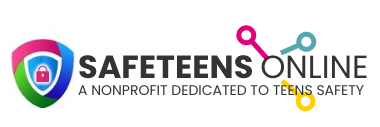Vineeth Veeramachaneni’s , a delegate at the 22nd session of The Youth Assembly, reached the final round of the UN Youth Assembly’s Impact Challenge. The Challenge is open for proposals from over hundred countries looks for social impact projects seeking sustainable solutions to social, economic, and environmental challenges. The 2018 Assembly was held August 10-13 in New York City.
The Youth Assembly was created in 2002 to amplify youth engagement and participation in international dialogues at the United Nations. It fosters mutual understanding and collaboration between youth and key stakeholders in global development to support the United Nations’ Sustainable Development Goals. More than 1,000 delegates from over hundred countries attended this year.
After several rounds of application and interviews 10 finalists were selected. Vineeth presented his SafeTeensOnline project at NYU . “I just wanted to add that I am really humbled by the opportunity to present my pitch at NYU Law School in front of distinguished judges. I am really thankful to my co-finalists from India, Nepal, Brazil, Sierra Leone, South Africa, Colombia, and Canada; We had great time supporting each other and learning about our cultures and communities.” Veeramachaneni, said



